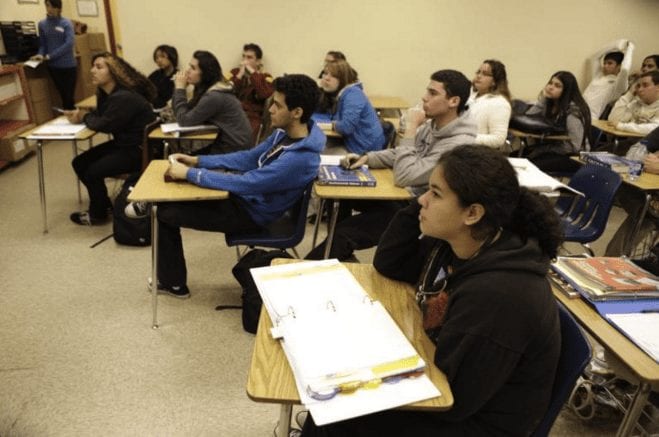We recently explored the topic of dropout recovery from the perspective of the school district and public and private entities whose missions are to collaborate on solutions to reduce this pervasive and startling challenge facing our country. The discussion centered on the challenges districts are facing citing recent research and reports detailing both the financial and social impact of student’s leaving high school prior to graduation.
Interview Guests
Dan Domenech – Executive Director – AASA (The School Superintendents Association)
Daniel A. Domenech has served as executive director of the American Association of School Administrators since July 2008. Domenech has more than 36 years of experience in public education, twenty-seven of those years served as a school superintendent.
Prior to joining AASA, Domenech served as senior vice president for National Urban Markets with McGraw-Hill Education. In this role, he was responsible for building strong relationships with large school districts nationwide. Prior to his position at McGraw-Hill, Domenech served for seven years as superintendent of the Fairfax County, Va., Public Schools, the 12th largest school system in the nation with 168,000 students.
Domenech has served on the U.S. Department of Education’s National Assessment Governing Board, the advisory board for the Department of Defense schools and the board of directors of the Association for the Advancement of International Education.
Bill Milliken – Founder & Vice Chairman of Communities in Schools
Mr. Milliken’s activism began in 1960 when he joined Young Life, an ecumenical youth organization. He helped initiate “street academies” for young people who had dropped out of school and wanted a chance to resume their education, as well as live-in programs for substance abusers and youth in need of shelter and support. His experiences led him to search for a comprehensive approach to helping young people. This search culminated in the 1970s with the development of a model program that repositioned existing community resources into schools — the Communities In Schools network, which Mr. Milliken led as President until May 2004.
Communities In Schools is the nation’s leading community-based organization helping students achieve in school and prepare for life. Currently, the organization directly serves more than 1.26 million students and their families each year in more than 2,700 schools in 28 states and the District of Columbia. Mr. Milliken has served three U.S. presidents and has received numerous honors for his commitment to young people.
Mark Claypool – President & CEO of ChanceLight Behavioral Health and Education
Mark Claypool obtained a Bachelor’s Degree in Psychology and a Master of Arts in Sociology from Middle Tennessee State University. He has held various positions in both state government and the private sector in mental health, juvenile corrections and education, and has more than two decades of experience in K-12 education, special and alternative education, behavioral health and residential treatment programs.
A social worker and education administrator, Mark grew frustrated by decreasing resources for children with learning differences, so he founded Educational Services of America (ESA) in 1999. Under his leadership, the company has become the nation’s leading provider of behavior therapy and alternative and special education programs for children and young adults, and, in 2015, completed a rebranding to ChanceLight Behavioral Health and Education. Claypool is a frequent speaker about the value of public-private partnerships in education and behavioral learning, and, in 2015, he co-authored a book exploring the topic: We’re in This Together: Public-Private Partnerships in Special and At-Risk Education.





